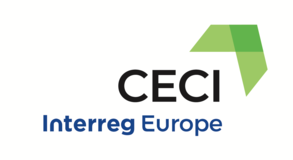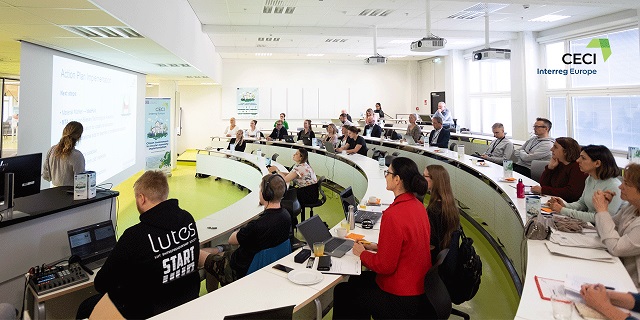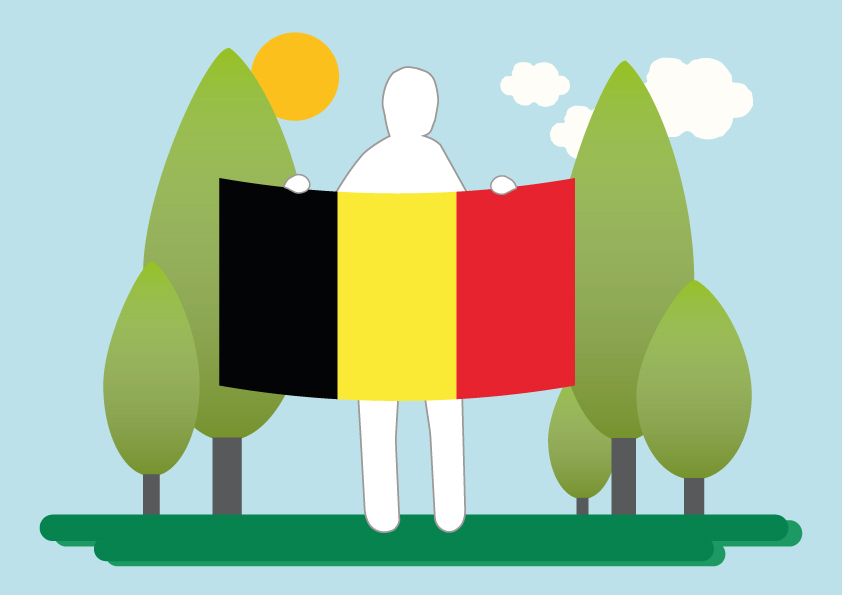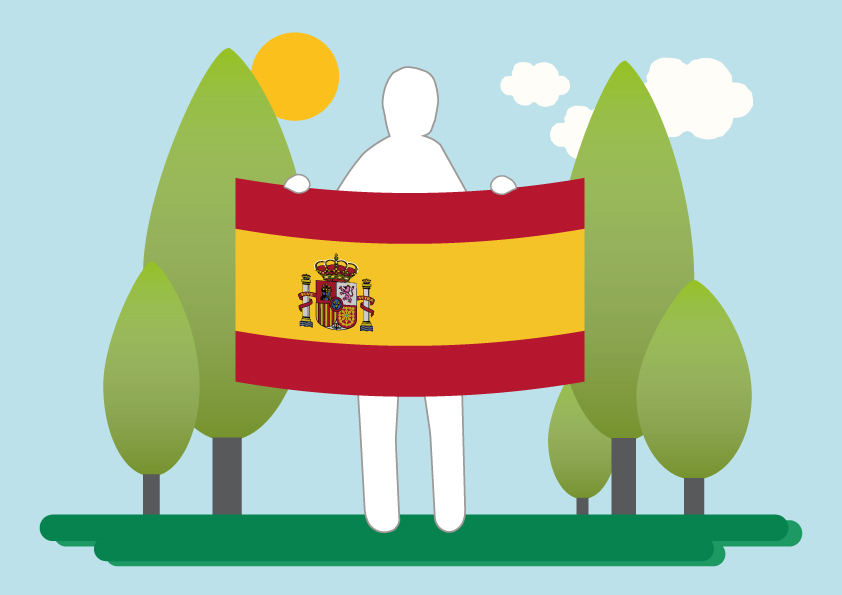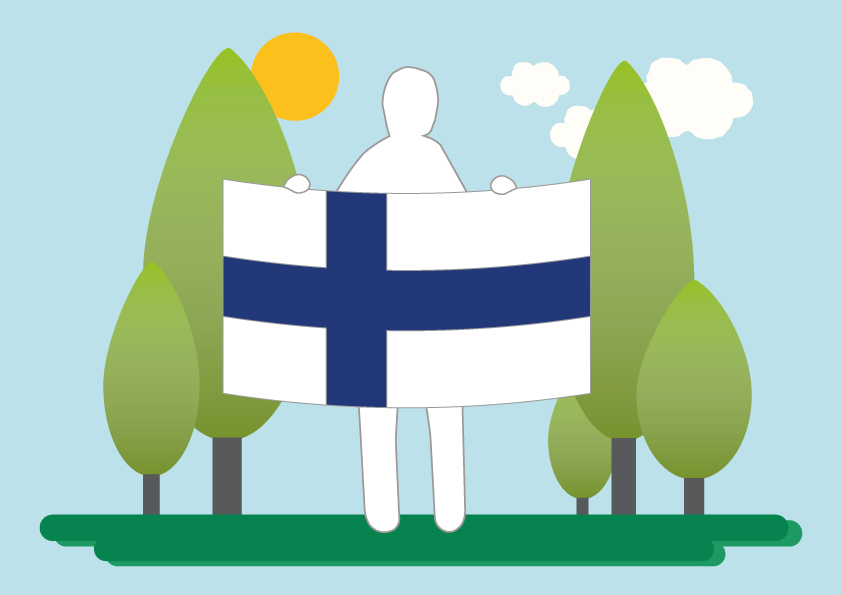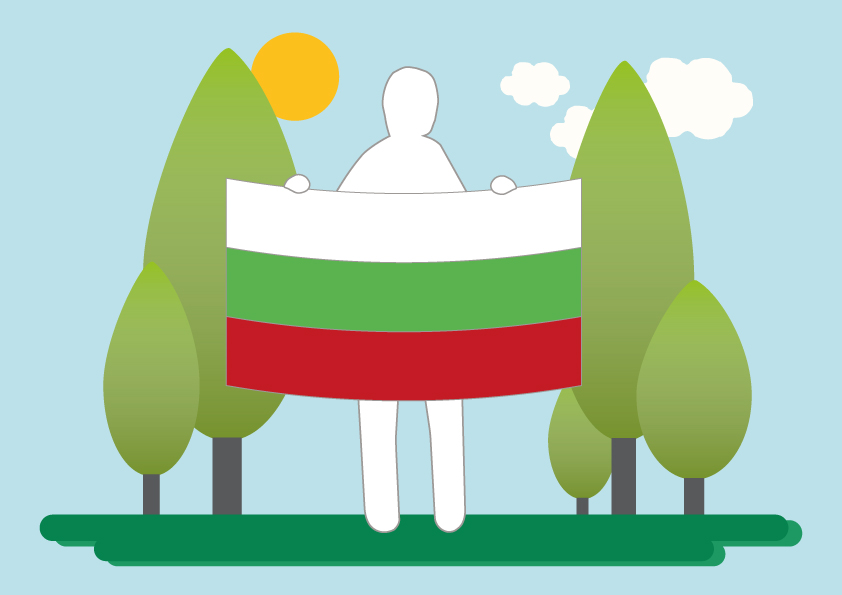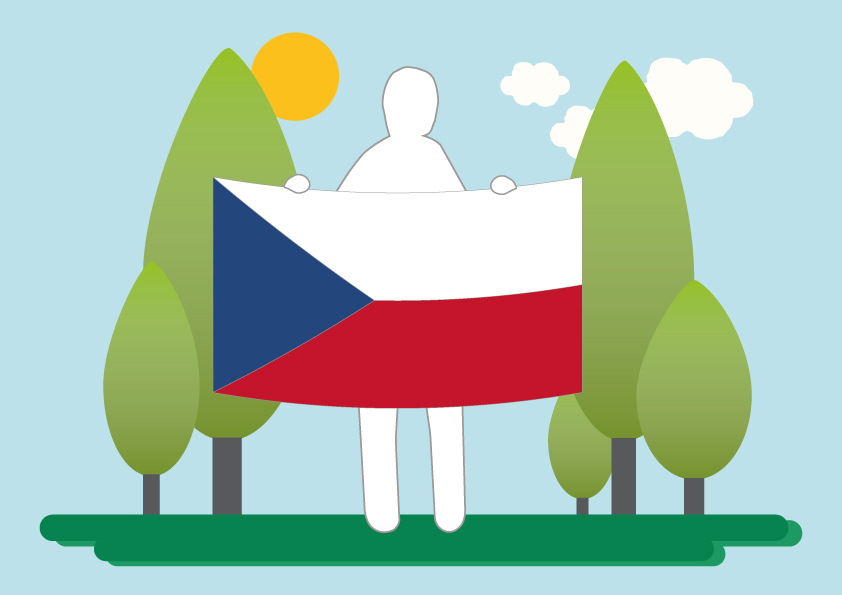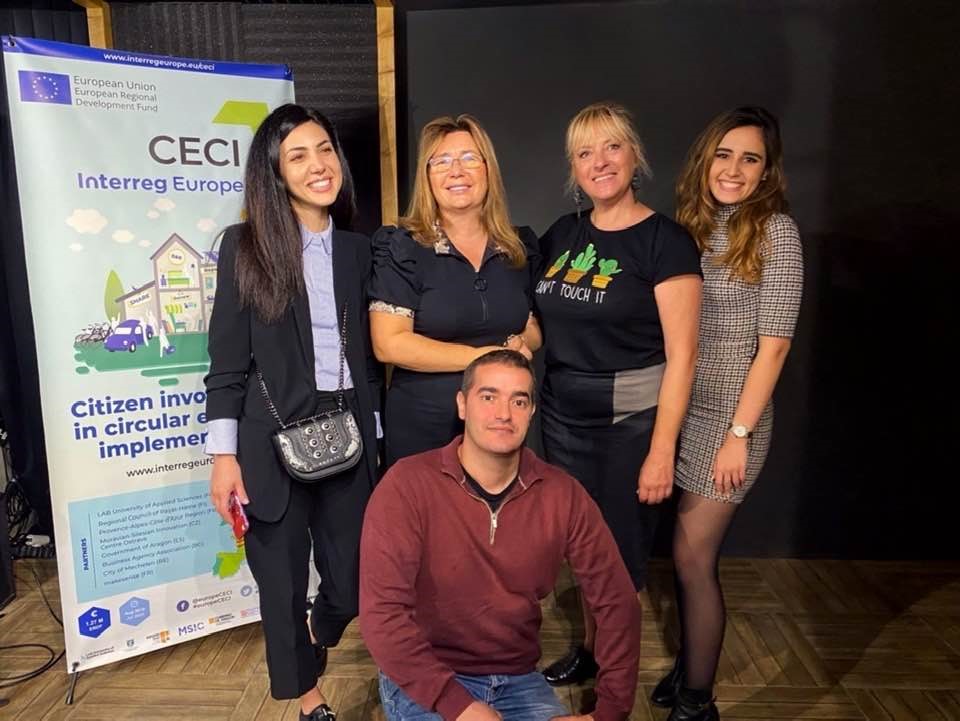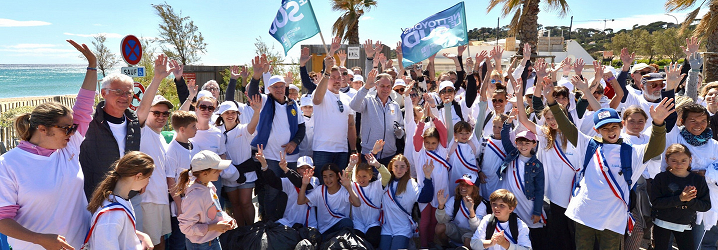Circular textiles require circular businesses
This article compiles findings from Circular Textiles thematic study conducted by the Interreg Europe funded project CECI – Citizen involvement in circular economy implementation project. This is the fourth article of the circular textiles series focusing on circular businesses around textiles.
Read full article here: https://www.labopen.fi/lab-pro/circular-textiles-require-circular-businesses/
Authors: Marjut Villanen, Katerina Medkova, Johanna Snell & Maarit Virtanen
According to EURATEX, the European Apparel and Textile Confederation, other relevant EU policies such as the EU Industrial strategy, the new EU Trade strategy, the EU Pact for Skills, the Sustainable Chemicals strategy, the Sustainable Product Initiative, etc. should be positioned with the new upcoming EU Strategy for textiles. It is important to synchronize European policies and remove counteractions. (EURATEX 2021.)
The Strategy for textiles will create a supportive and responsible environment for sustainable and circular textiles business in the EU, especially by delivering impulses to buttress product-as-service models, circular materials and production processes and international cooperation for increased transparency. The emphasis will be set on repair, reuse, easy disassembly and recycling. (European Commission 2021.)
CECI raises public awareness and supports the creation of sustainable services
The circular economy is expected to bring growth and business to regions and to strengthen their sustainable development goals. Citizen Involvement in Circular Economy Implementation, shortly CECI, is an Interreg Europe co-funded project that aims to improve regional policies with the emphasis on citizens role (Interreg Europe 2021). In CECI, interregional cooperation between six European regions (Finland, France, Czech Republic, Spain, Bulgaria, and Belgium) allows knowledge and practices exchange about different topics related to citizen involvement. Concrete examples inspire the adoption of tested solutions to other partner regions. (Interreg Europe 2021.)
Each CECI partner region has identified their own circular economy focus areas. One commonly recognized theme was sustainable textiles. CECI project has organized several online thematic workshops and good practices presentation meetings, in which also the regional project stakeholders have been present. The theme of textiles has been presented in these workshops and meetings. Each of these events included an active discussion with all partners and their stakeholders about regional textile collection and recycling, and the challenges related to these. The common outcome was, that although there are already existing good practices how a citizen can recycle textiles, there are also many common problems related especially to a collection and dispose of textiles. (Medkova & Villanen 2021.) For instance, in Finland, the Telaketju project has explored challenges connected with material recycling of textiles and published the National Collection of End-of-life Textiles in Finland instructions (Lounais-Suomen Jätehuolto 2021).
CECI project partners carried out a thematic study on circular textiles, which findings are outlined in a series of four articles in total. The first article focuses on the citizen’s role (Pichlova et al. 2021a), the second one pinpoints the importance of sustainable design and public procurement (Pichlova et al. 2021b), and the third article summarizes the legislation and the state of the art regarding textiles in CECI regions (Villanen et al. 2021).
